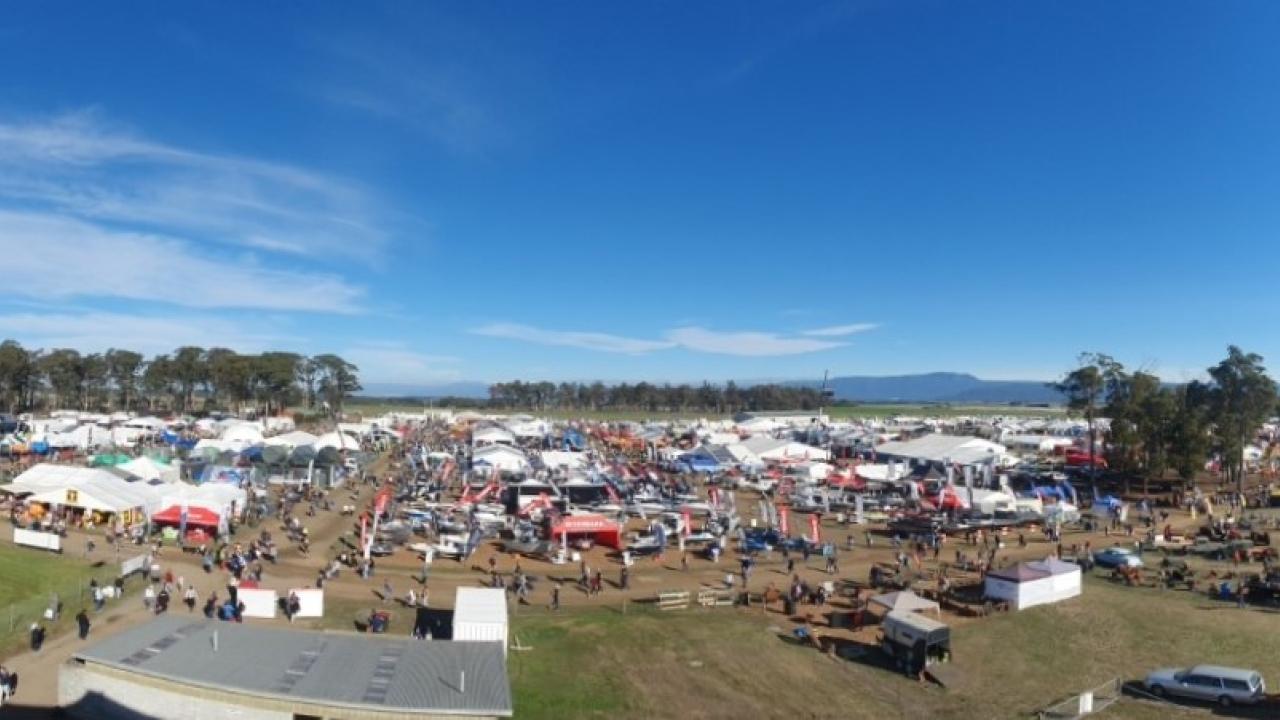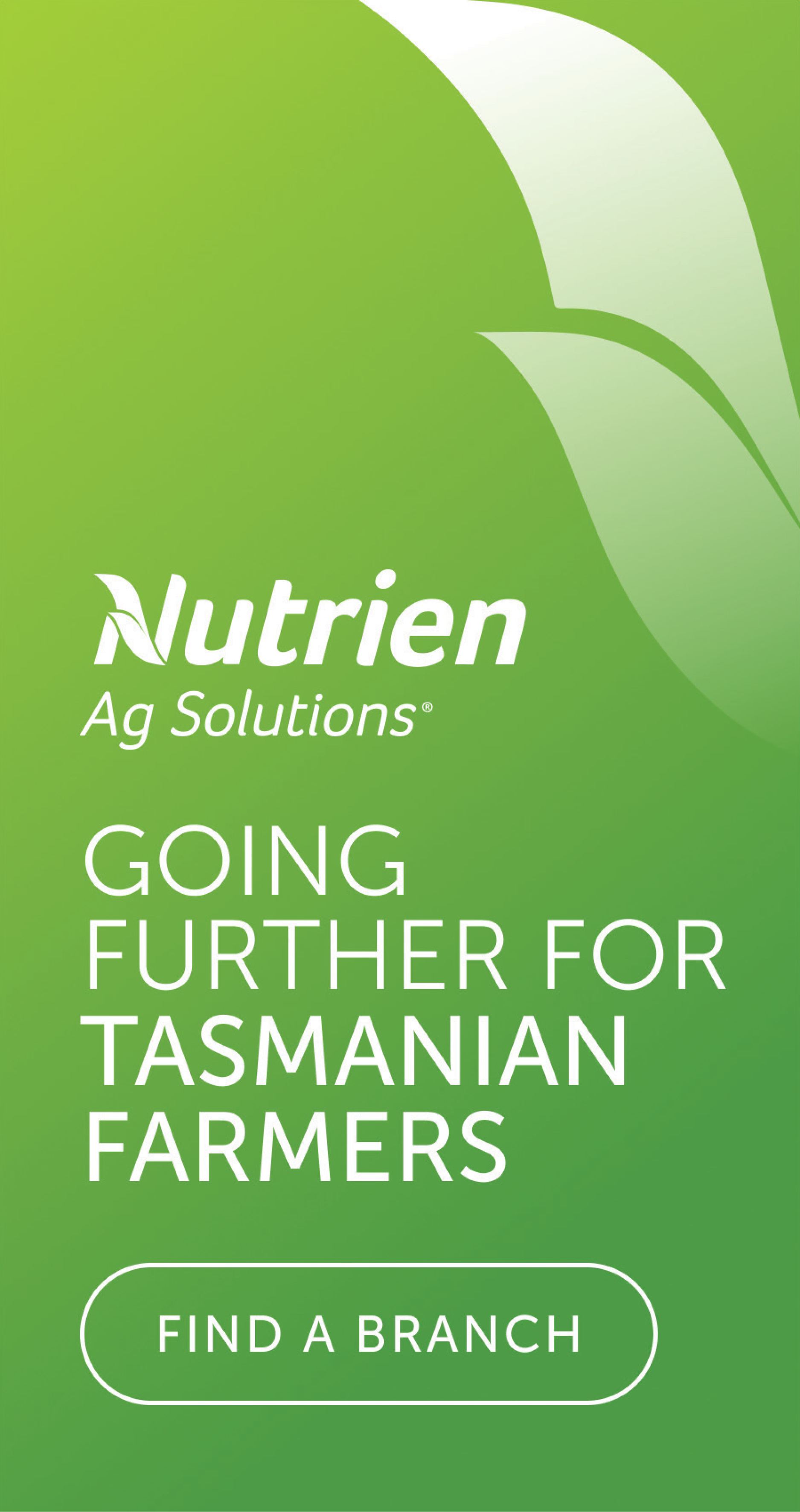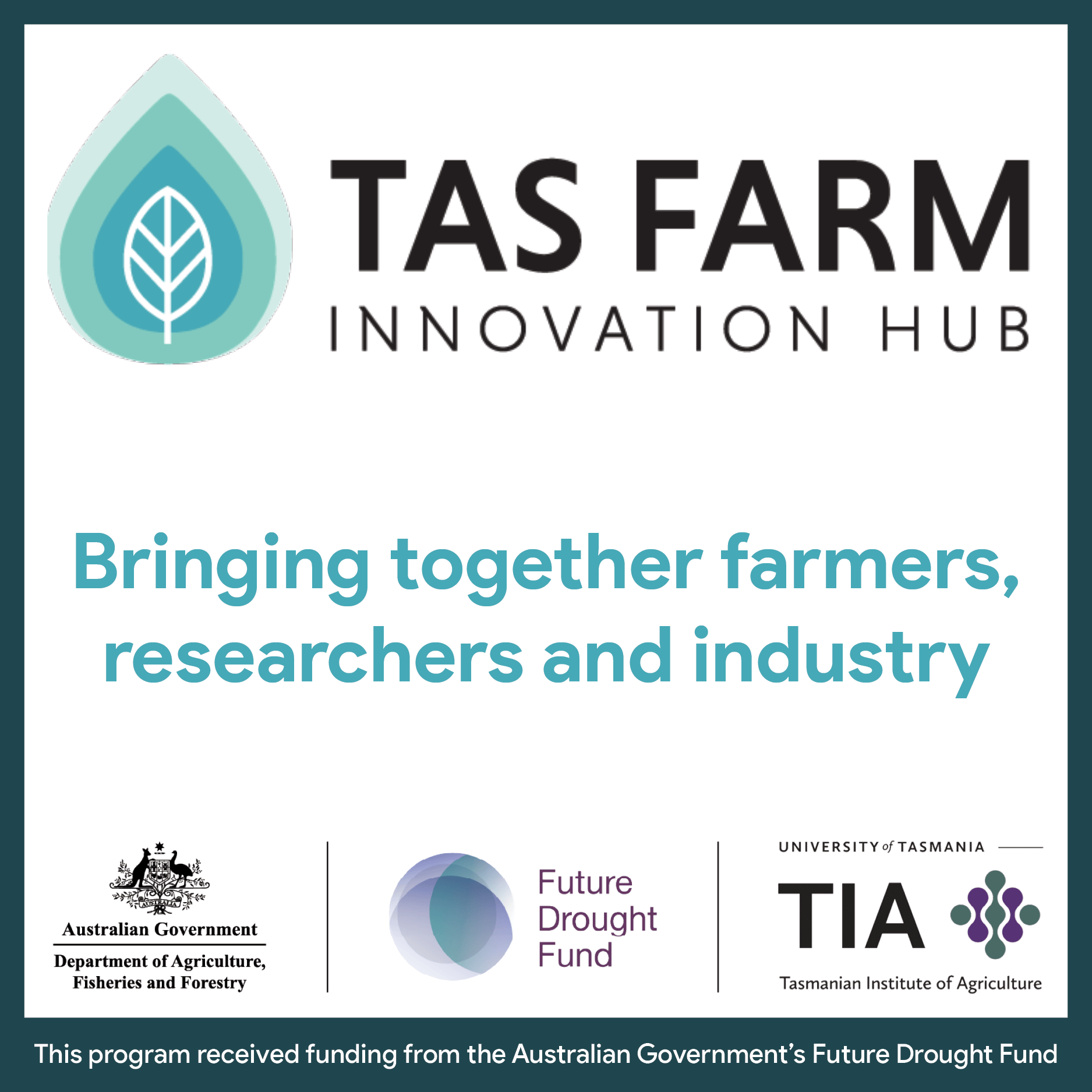TasFarmers Matters - Agfest celebrates resilience amid an undercurrent of concern

AGFEST 2025 was a resounding success, showcasing Tasmania’s agricultural strength and support for industry, with thousands of people coming together to celebrate innovation, community, and the resilience of our rural industries.
But while the mood was upbeat on the ground, the undercurrent of concern nationally is unmistakable.
Farmers are concerned, and we need leadership from Canberra now that the federal election has passed.
Right across Victoria, South Australia, and Tasmania, farmers are facing a slow and compounding crisis.
Commodity prices are down, operating costs are high, and rainfall has been well below average for more than two years - it’s a triple whammy.
The sector employs more than 255,000 people and is forecast to reach $91 billion in production. It is undeniably the backbone of the economy, and it needs the government to not only provide words of support for the overall $100 billion target by 2030 but also to actively assist in achieving it.
We recognise the National Drought Agreement, which delineates the responsibilities of the Australian, state, and territory governments across the drought cycle, encompassing preparedness, response, and recovery phases.
However, we’re calling for a national conversation that raises greater awareness and places the same urgency on the problem as floods, bushfires and other natural disasters.
Our food and fibre supply depends on it. We now need meaningful relief with feed costs, access to water, and mental health support; the backbone of Australia’s agriculture is at risk.
For Tasmania, the warning signs are clear. On King Island, members are telling us that hay is costing up to $300 a bale. The latest Bendigo Bank Farmland Value Report shows declining land values across southern regions, and we’re hearing concerns around productivity and global market uncertainty.
These pressures, left unaddressed, have long-term consequences.
TasFarmers acknowledges Federal Labor’s local commitment to Tasmania’s agricultural sector, particularly its efforts to address issues with the Tasmanian Freight Equalisation Scheme and the pre-election commitment to the Greater South East Irrigation Scheme.
However, we now need that same level of attention at the national level to deliver positive outcomes for farmers across the country.
A national conversation is necessary to ensure equitable support across all affected regions.
While everyone is under pressure, farmers cannot continue to absorb the relentless rise in production costs. Failing to support them will only accelerate Australia toward a food security crisis.
We need to safeguard the livelihoods of our farmers, but also the long-term security of our national food and fibre supply.




Add new comment